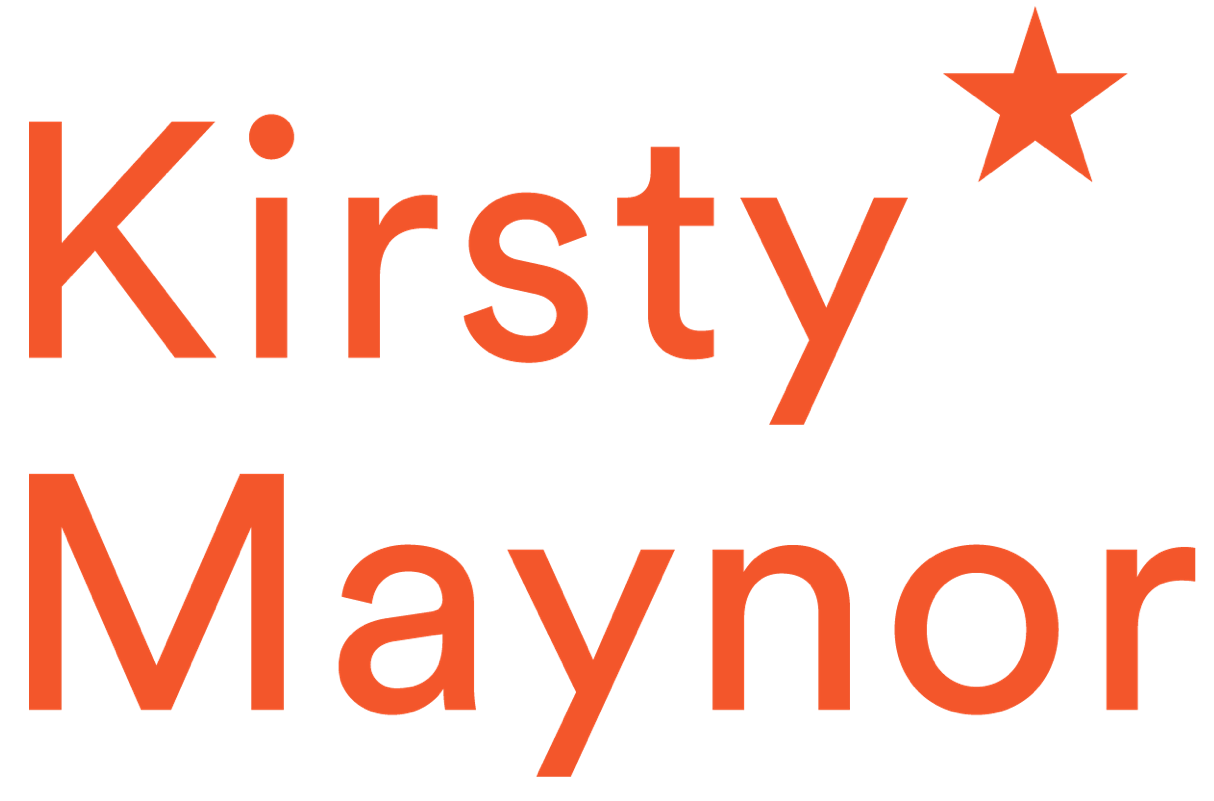How I learned to embrace feedback
Having recently completed the manuscript for my first book and sent it out to over 50 beta readers, I’ve been just a little concerned about how I’ll respond to their feedback. In order to keep my defensiveness at bay and help me to embrace their suggestions, I wrote a blog entitled “5 tips on how to receive feedback”, to remind myself why feedback is such a crucial part of the creative process. In this blog, I’d like to share with you a formative experience which has helped me to understand - and value - the feedback of others throughout my career.
Back in 2005 I was working for a global corporation, where I was involved in leading a large change programme. I remember working on a particularly important paper which was going to be seen and reviewed by a group of senior partners, so naturally I wanted it to be perfect. To me, that meant writing a first draft, then redrafting it, redrafting it again, editing it, polishing it and eventually - only when I was 100% happy with the end result - sharing it with other people.
One day, mid-project, my working partner said to me, “Kirsty, you have to share this document with me whilst it's still in draft, so that I can help you to make it even better.” I think at that moment, I must have looked at him like he’d just told me the world was flat, because this wasn’t the way that I created things. It made me feel vulnerable to open myself up to criticism that way. The idea of sharing something before it was complete horrified me, because:
I was afraid of criticism
I didn’t want people to think that an imperfect draft was all I was capable of
I was worried that people would think if I was less than perfect, I wasn’t up to my job
I was used to getting things right and it was important to me to do my best
I thought it was a sign of weakness to ask for help.
To cut a long story short, I was wrong. On all counts. During that conversation - and the work that followed - my colleague showed me how mistaken I had been to try and take on such a big task without help. By sharing his thoughts, suggestions and asking questions, taking the time to understand my thinking and contributing his own ideas and perspectives, he helped me to create something far superior to the version I had been working on alone. Yes, it was still predominantly my work, but incorporating his feedback enabled me to turn it into a much better report.
Learning to work that way really changed something significant for me: it showed me a way of collaborating that - up until that point in my career - I’d never embraced before. I’d been reluctant to share that early version of the document because fear - of asking for feedback, help, or seeming like I wasn't good enough - was holding me back.
But it’s important to remember that feedback is just someone else’s perspective, views and ideas on how to make something better. Feedback doesn't mean what you’ve produced isn’t already okay, it simply means they have their own suggestions and opinions about what might make it better still.
So, as I await the feedback on my book manuscript from the first group of beta readers, I'm reminded once again of the power of soliciting other people's opinions and perspectives before something is finished. We don't have to wait until everything is perfect (in our view) to share something. In fact, as my team at work already knows, I have a tendency to share things when they’re just sketchy, scrappy ideas - often drawn on post-it notes with arrows in every direction and scribbles all over them. I just believe it’s important to share my thoughts, to get them out of my head and into the open so that together, we can make them even better.
Yes, it's risky. Yes, it's scary. Yes, you have to be willing to hear that other people may think things need to be done differently. But sharing your thoughts and asking for feedback in the early stages will bring more diversity and richness to the table than if you stay in your own head and try to make everything work all by yourself. And overall, this almost always leads to a better outcome.
Of course, there are situations when people can’t give you the feedback you need in a constructive way, and sometimes feedback will simply reflect someone else’s perspective rather than an absolute truth. But generally, if you're working with someone you trust and who you have a good relationship with, then my advice is to share your work earlier than you think you're ready to, because the chances are it will improve the overall outcome.
Since learning the importance of early collaboration back in 2005, I’ve never looked back. I just hope I’m able to keep that in mind as the feedback for my book rolls in!
